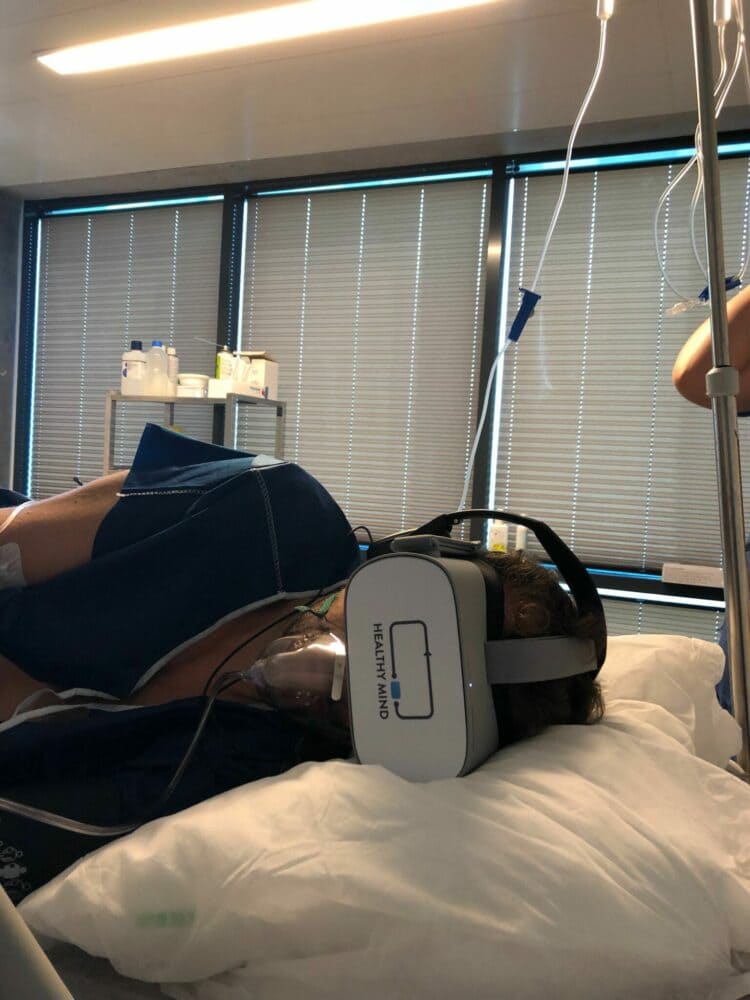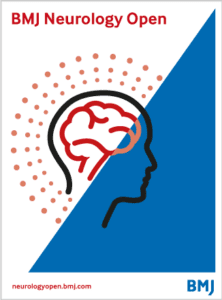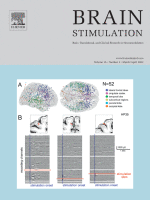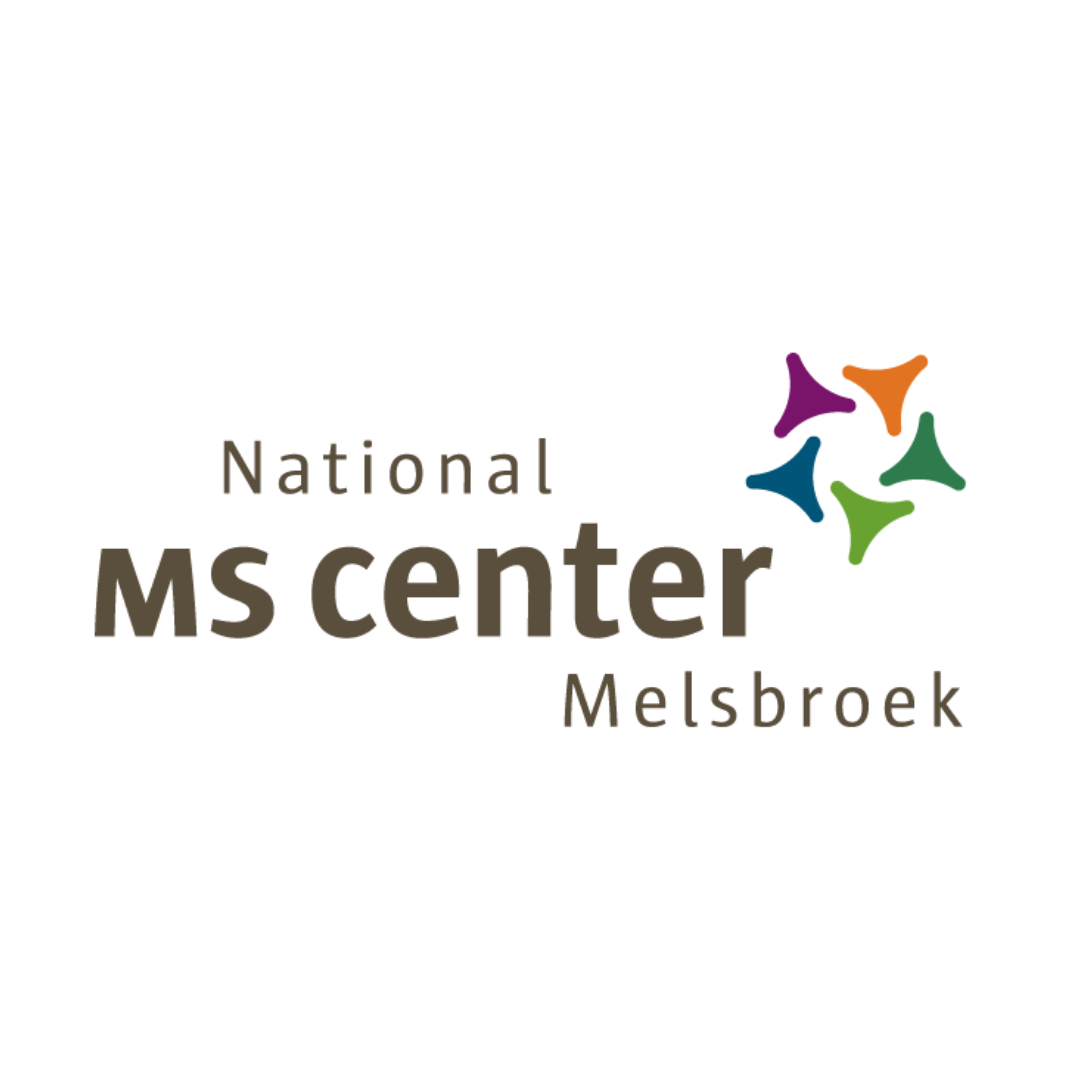Neurology
Indications
- Degenerative disorders
- Neurological surgery requiring the patient to wake up
BEFORE/DURING/AFTER A PROCEDURE
- To reduce the patient's (and the accompanying person's) pre-operative anxiety
- To use only non-pharmacological anxiolysis or to reduce the consumption of associated anxiolytics
- To favour, if possible, a loco-regional rather than a general anaesthesia
- To minimise the potential negative effects of the upcoming procedure
- To reduce the patient's post-procedure anxiety and pain
- To accelerate the patient's recovery and help prevent the onset of chronic pain
- To reduce the intensity of symptoms encountered in the intensive care unit (discomfort, pain, anxiety, insomnia etc.)

Clinical study with our solution
Clinical study with our solution

Virtual reality device to improve tolerance of lumbar puncture, BMJ Neurology Open, 2022
K. Hill, et al.
Results: This study reports the successful use of a virtual reality device in a highly anxious patient undergoing lumbar puncture. This case shows how virtual reality technology can benefit patients undergoing invasive procedures such as lumbar puncture. Virtual reality can therefore offer an alternative or supplement to sedation and analgesia and can reduce the amount of harmacological therapy required.
Clinical study
Clinical study

Virtual reality (VR) to improve the quality of life of patients with neurological disorders, Brain Stimulation, 2019.
M. Palmeri, et al.
Results: Virtual reality therapy is a feasible treatment modality that can benefit participants diagnosed with neurological disorders by reducing symptom burden and other reported neurological complaints.
Testimony


 Check out
Check out 





